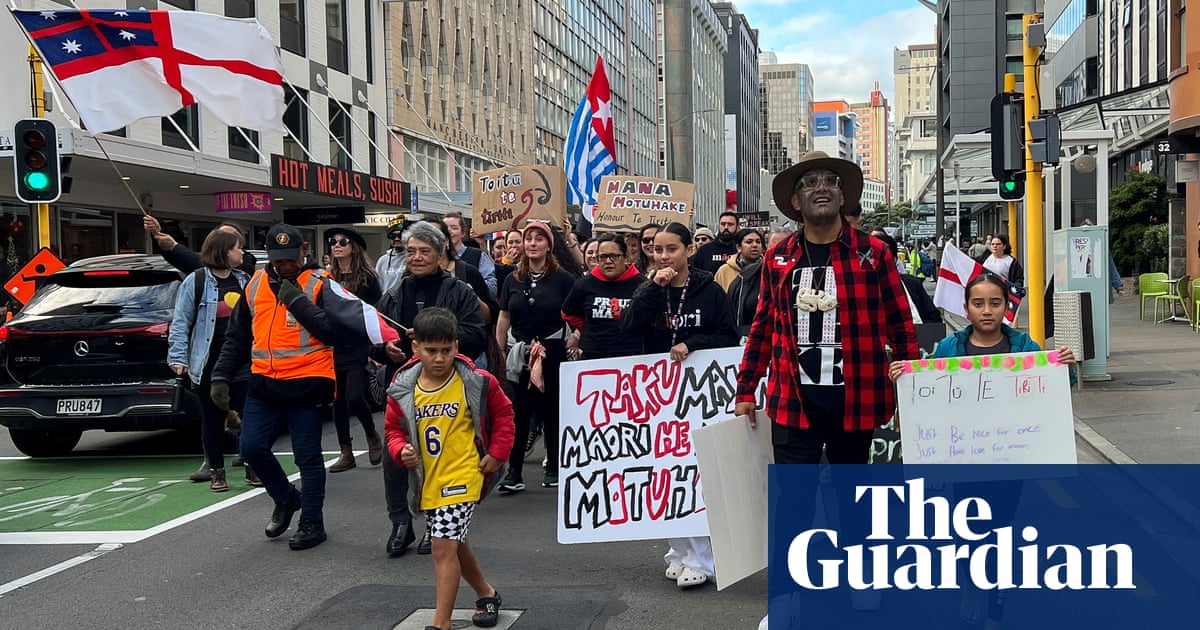The new government recently announced it would dial back the use of Māori language in government organisations, and scrap anti-smoking legislation and the Māori Health Authority at a time when health issues, including lung cancer, disproportionately impact Māori.
Fucking fascist pigs


Whole article for those to lazy to click the link and read it in a separate tab lol
Here:
Cheers! Give it a read as it's a well-written article and I didn't know about this till, well, now.
if i click the link it opens in this tab
Haha